Health Hub from Cleveland Clinic
Tiramisu, chocolate mousse, crème brulee. Desserts are your jam. (Ooh! Jam!) Unfortunately, all those sweets may not be doing wonders for your heart.
“Excess sugar can increase the risk of heart disease, both directly and indirectly,” says registered dietitian Kate Patton, MEd, RD, CSSD, LD, who specializes in preventive cardiology nutrition.
Here’s what to know about how sugar affects your heart and arteries and how to embrace a less-sweet diet.
Negative effects of sugar: obesity
Sugar is delicious, but a little goes a long way — especially when it comes to your health. Research shows that people who eat a lot of added sugars are at greater risk of dying from heart disease compared to people whose diets aren’t so sweet.
Sugar affects the heart in several ways. Among the most obvious is weight gain. “A diet high in sugar can contribute to obesity. And obesity drives up the risk of diabetes, high blood pressure and high cholesterol — all of which can increase the risk of developing heart disease,” Patton explains.
Weight isn’t the whole story, though. “A high-sugar diet is bad for you no matter what you weigh,” Patton says. “If you eat a lot of sweets and processed foods, you’re probably not getting enough of the good stuff, like the fruits, vegetables and whole grains that are part of a heart-healthy diet.”
Sugar and your heart
Sugar may also act on your heart and arteries directly. Research suggests that diets high in sugar affect your heart in several ways:
Triglycerides: When you overeat, your body stores extra calories as a type of fat called triglycerides. Sugary diets can increase triglycerides in your body. And having high levels of triglycerides raises the risk of heart disease.
LDL cholesterol: Weight gain connected to diets high in sugar can lead to higher levels of LDL cholesterol. LDL — commonly called “bad cholesterol” — causes artery-clogging plaque that can damage blood vessels and your heart.
Blood pressure: Obesity tied to sugar-laden diets may contribute to high blood pressure, which can increase the risk of heart disease.
Inflammation: Sugar can cause inflammation throughout your body. A sugar-rich diet can lead to chronic inflammation, which can stress your heart and blood vessels and increase the risk of heart disease.
Added sugar: How much is too much?
Not all sugars are created equal. Natural sugars, found in foods like milk and fruit, can be part of a healthy diet. What you want to watch for are added sugars.
Added sugars include the white table sugar, honey or maple syrup you stir into your coffee or drizzle on pancakes. Added sugars are also common ingredients in processed foods. You find them in sweet treats like soda, sweetened yogurt, cookies and ice cream.
But added sugar is also hiding in places you might not expect it, like canned soups or hamburger buns. “Foods like bread can have a lot of added sugar, even though you might not taste it,” Patton says.
That makes it easy to eat too much added sugar without even realizing it. How much is too much? The American Heart Association recommends no more than:
100 calories (about 6 teaspoons) of added sugar per day for women.
150 calories (about 9 teaspoons) per day for men.
How to cut back on sugar
Cutting back on sugar takes a little effort, but it’s easier than it used to be. “Nutrition labels are now required to show added sugars, so it’s easier than ever to keep track of the sugar in your diet,” Patton says.
She offers these tips if you’re trying to de-sweet your diet:
Do away with sugary drinks
Sugar-sweetened beverages like soft drinks and juices are a major source of added sugar. One can of soda can have more than the daily recommended limit. “The number one thing you should do to lower sugar intake: Don’t drink your sugar,” Patton says.
Learn the lingo
Added sugar goes by lots of names. If you’re reading ingredient lists, beware of sugar aliases such as:
Agave nectar.
Barley malt.
Cane juice or cane syrup.
Corn syrup.
Dextrose, fructose, maltose or sucrose.
Honey.
Molasses.
Rice syrup.
Make smart swaps
If you’re craving sweet, try using natural sweeteners in place of added sugar. Stir fruit into plain yogurt instead of buying the fruit-on-the-bottom kind. Add berries to your oatmeal instead of brown sugar. “Those substitutions can really add up to make a difference,” she says.
The thought of giving up the sweet stuff might make you bitter. But if you cut back gradually, you’ll tame your sweet tooth. Eventually, you won’t even miss it.
“You don’t have to avoid sugar completely, but moderation is key,” Patton says. “Cutting back and finding healthy substitutes is good for your heart and your overall health.”
Source: http://feedproxy.google.com/~r/ClevelandClinic/HealthHub/~3/fiRANHTQXpg/


